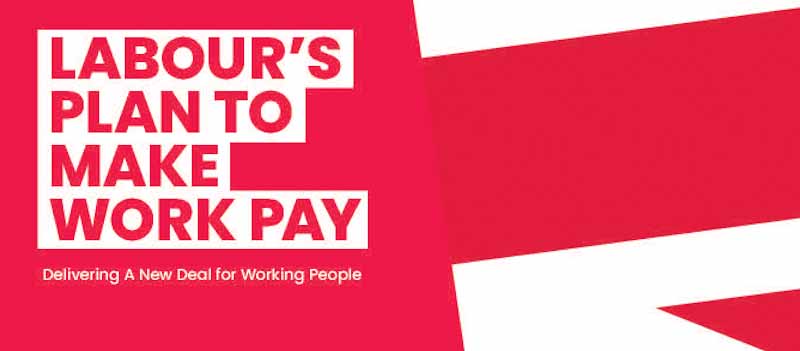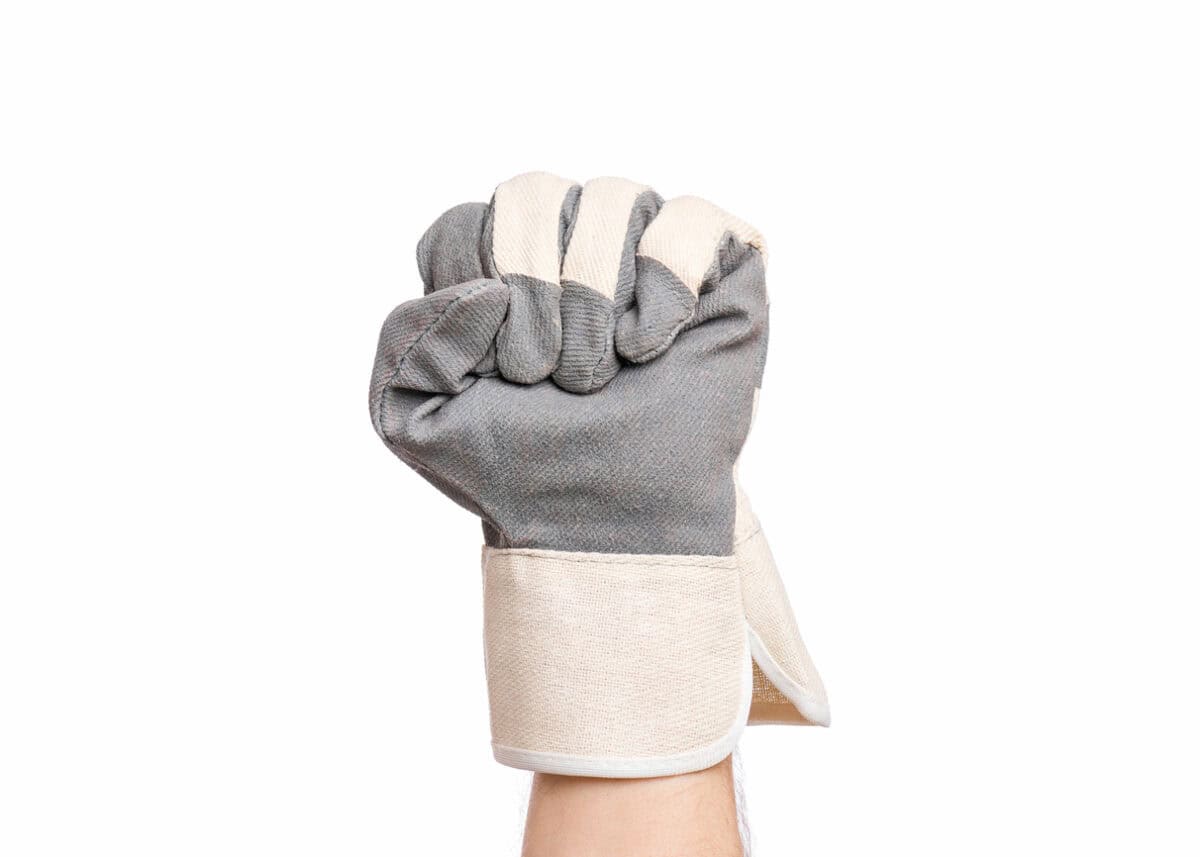This week, the “Right-to-Disconnect” became law in Australia. According to a prominent business newspaper, the Australian Financial Review (AFR), this is the latest example of the risk of the sky falling. It is not. Instead, the right-to-disconnect is a rebalancing of the exploitation of workers’ psychological health and that of their families. But you wouldn’t know this from the mainstream media coverage. There is no mention of mental health in the printed AFR article.
Category: industrial relations
OHS questions to ponder
When wearing a motorcycle helmet and motorscooting to and from the office, I (too?) often think about occupational health and safety (OHS) while, of course, being situationally aware (mostly). It is not quite the same as an isolation tank that turned William Hurt into a caveman and a blob, but the quiet allows contemplation.
Below are some of the questions and thoughts from those sessions. Usually, these percolate for a few weeks into a blog article, but I would appreciate readers’ and subscribers’ thoughts. A prize or reward will be sent to the most engaging subscriber.
The immediate future of OHS in the UK
Later this week, the United Kingdom hosts an election which the Labour Party, the “party of working people,” is expected to win. Its party manifesto has been out for some time, but its workplace strategy has received less attention. Given the synergies between the UK and Australian industrial relations and occupational health and safety (OHS), Labour’s Plan to Make Work Pay, deserves an outsider’s analysis.
The Occupational Moral Injury Scale
Many people are promoting various tools, usually apps, for identifying and managing psychosocial hazards at work. Some experts in the field of organisational psychology are cool on these tools, others are dismissive of poorly designed tools promoted by rent-seekers, others promote free tools, and some say that all the information required is already available if you ask for it and if the keepers of the data will share.
A broad perspective on Work, OHS and Mental Health
A whole generation of workers has grown up believing that if they are having a hard time at work, if they are not coping with the workload or the sexual advances of their boss, or their difficult workplace, or the discrimination they feel about their gender or their sexuality, that it’s their fault, and it’s their problem, and therefore, it’s their role to solve and fix it. But there were generations before the current one, and I’m from one of those earlier generations. When I started work, there was good work and safe jobs, and there were social movements for women’s rights, and then gay rights and dignity at work, and respect at work. It was far from a paradise, but there was exciting progress and lively, challenging debates and social protests. A little of that passion has returned this decade, but more is needed.
If you don’t sound the alarm, who will?
Last week the Australian Institute of Health and Safety (AIHS) National Conference contained some excellent speakers and one or two stinkers. (I will not be reporting on the last speaker of the conference, who spent his first ten minutes “roasting”. i.e. insulting the delegates!) Safe Work Australia’s Marie Boland was an important and informative speaker who nudged the occupational health and safety profession to be more active.
International Conventions are attractive but largely academic
Last week, Australia’s Parliament released an information paper on a “National Interest Analysis” of International Labour Organization Convention No. 187: Promotional Framework for Occupational Safety and Health Convention adopted in Geneva on 15 June 2006. Does this mean anything to the local occupational health and safety (OHS) profession? Yeah, Nah, Maybe.







